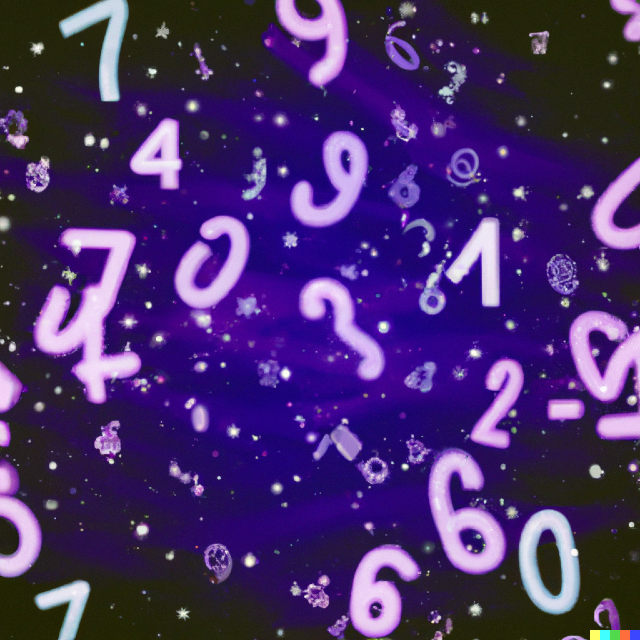Pseudo-random numbers generation refers to the process of generating a sequence of numbers that appears to be random, but is actually generated using a deterministic algorithm. The numbers generated by these algorithms are not truly random, but they are statistically random and are suitable for many applications that require random numbers.
Pseudo-random number generators (PRNGs) are used in a variety of applications, such as cryptography, simulations, and gaming. They are designed to mimic the properties of truly random numbers, such as having a uniform distribution and passing statistical tests for randomness, while also being efficient to generate.
 There are several algorithms that are commonly used to generate pseudo-random numbers. One of the most well-known algorithms is the linear congruential generator (LCG), which uses a linear equation to generate a sequence of numbers. Another popular algorithm is the Mersenne Twister, which is known for its high-quality random numbers and long period.
There are several algorithms that are commonly used to generate pseudo-random numbers. One of the most well-known algorithms is the linear congruential generator (LCG), which uses a linear equation to generate a sequence of numbers. Another popular algorithm is the Mersenne Twister, which is known for its high-quality random numbers and long period.
One important thing to consider when using a pseudo-random number generator is the quality of the generated numbers. For many applications, the quality of the numbers is not critical, but for applications such as cryptography, it is essential to ensure that the numbers are as random as possible.
In addition, It's also important to note that pseudo-random numbers generator seed is a very important factor in the quality of the numbers generated, it will affect the output sequence and the quality of the randomness generated, Some algorithms have a built-in seed, for instance the current time, while others allow the user to set a seed. In general it's a good practice to set a seed value with a good entropy to improve the quality of the numbers generated.
Another important concept to know when working with PRNGs is the period, which is the number of values in a sequence before the values start to repeat. A good PRNG should have a long period, so that the sequence of numbers generated does not repeat too soon.
Overall, pseudo-random number generators are widely used in a variety of applications, and are an efficient way to generate numbers that appear to be random. However, it's important to consider the quality of the numbers generated and the seed used, and it's crucial to understand the algorithm used and its properties.